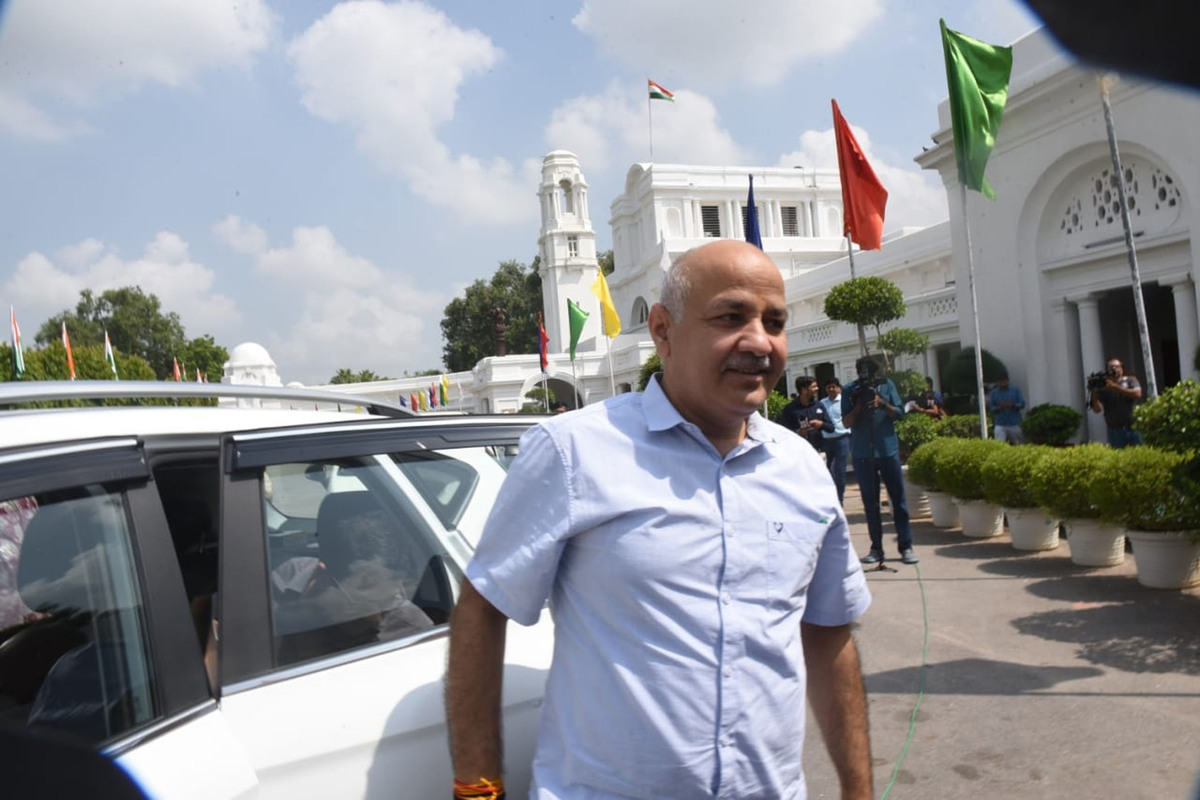The Delhi government is building 11 new hospitals in the National Capital. With these hospitals the number of hospital beds in the city government hospitals will increase by 10,000 beds.
In this regard, Delhi Deputy Chief Minister Manish Sisodia, on Monday, held a review meeting with the officials of PWD and the Health Department to take stock of the progress in ongoing construction work.
Advertisement
On the occasion, the Delhi Deputy Chief Minister directed the officials to complete the construction work of hospitals being built at Siraspur, Jwalapuri, Madipur, Hastsal (Vikaspuri) as well as seven new semi-permanent hospitals with the capacity of 6,838 hospital beds on time while ensuring all quality standards.
He added that the aim of the Kejriwal Government is to provide better health facilities to all Delhi citizens. In this direction, the new hospitals will prove a milestone as they will work to augment the resources for healthcare services in the capital.
During the meeting, the officials said the construction work of most of the hospitals will be completed by the end of this year, whereas others will be completed by the mid 2023. To ensure the completion of hospitals in time, the Delhi Deputy Chief Minister is reviewing the progress every 15 days.
Sisodia said, “These 11 hospitals include four hospitals with a capacity of 3,237 beds and seven semi-permanent ICU hospitals with a capacity of 6838 ICU beds. These will be helpful in fighting with situations like the COVID pandemic and emergency cases efficiently. These new hospitals will give a boost to Delhi’s health infrastructure and millions of Delhiites will be able to avail world-class healthcare facilities.”
“Making Delhi’s health infrastructure world-class and providing excellent health facilities to every citizen of Delhi has been our priority right from the very first day of coming to the government,” the Delhi Deputy Chief Minister said.
The Delhi Government is building four new hospitals with state-of-the-art facilities in Jwalapuri, Madipur, Hastasal and Siraspur. Of these, the 11-storey hospital at Siraspur will have the capacity of 1,164 beds, while others will have the capacity of 691 beds each. Hospitals in Jwalapuri, Madipur and Hastsal will have 10 storey buildings each. Construction of these hospitals will be completed soon.
To deal with the emergency and critical cases, the Delhi government is coming up with 7 new ICU hospitals across the national capital. These hospitals will have a capacity of 6838 beds and will be semi-permanent. Under this project, the city government will build a 4-story hospital in Shalimar Bagh with a capacity of 1430 beds, a 5-story hospital at Kirari with a capacity of 458 beds, a 4-story hospital at Sultanpuri with a capacity of 527 beds, a 5-story hospital at GTB complex with a capacity of 1912 beds. It is constructing a 5-story hospital with a capacity of 610 beds at Chacha Nehru Children’s Hospital in Geeta Colony, a 5-story hospital with a capacity of 336 beds at Sarita Vihar and a 4-story hospital with a capacity of 1565 beds at Raghuveer Nagar.
In the meeting, Sisodia also reviewed the progress of construction works of Mohalla Clinics. Officials said 12 new Mohalla Clinics are ready in different areas of Delhi. The construction work of these Mohalla Clinics has been completed. Apart from this, the construction work of 52 Mohalla Clinics is going on in full swing. After the completion of their construction work, they will be dedicated to the service of the public. After the completion of their construction work, they will be dedicated to the service of the public. At the same time, the Delhi Deputy Chief Minister said these clinics should be started at the earliest so that the general public can avail health facilities here.
Sisodia said more than 500 Mohalla Clinics have been set up by the Kejriwal government at various places in Delhi, where 70 thousand people get treatment every day.
Here all types of primary health care services including 212 types of tests and all basic medicines (125 types of medicines) are provided free of cost to the people, he said.











